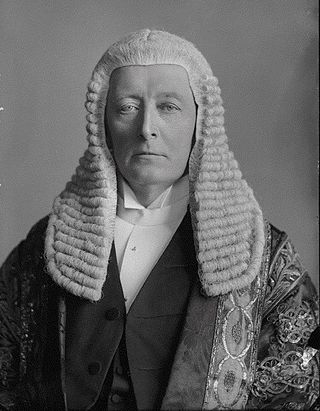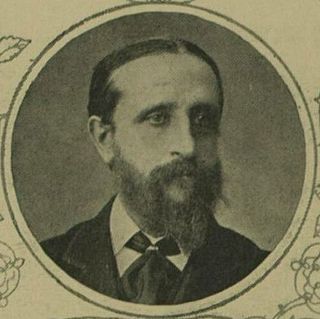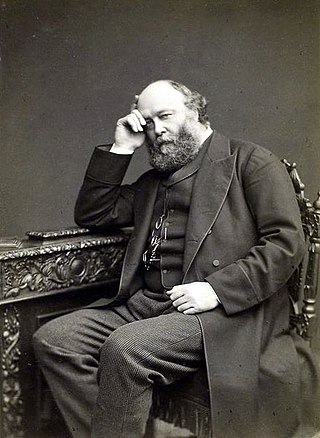
The Speaker of the House of Commons is the presiding officer of the House of Commons, the lower house and primary chamber of the Parliament of the United Kingdom. The current speaker, Lindsay Hoyle, was elected Speaker on 4 November 2019, following the retirement of John Bercow. Hoyle began his first full parliamentary term in the role on 17 December 2019, having been unanimously re-elected after the 2019 general election.

The speaker of the Australian House of Representatives is the presiding officer of the Australian House of Representatives, the lower house of the Parliament of Australia. The counterpart in the upper house is the president of the Senate. The office of the speakership was established in 1901 by section 35 of the Constitution of Australia. The primary responsibilities of the office is to oversee house debates, determine which members may speak, maintain order and the parliamentary and ministerial codes of conduct during sessions and uphold all rules and standing orders. The current speaker of the House of Representatives is Milton Dick, who was elected on 26 July 2022.

The 1900 United Kingdom general election was held between 26 September and 24 October 1900, following the dissolution of Parliament on 25 September. Also referred to as the Khaki Election, it was held at a time when it was widely believed that the Second Boer War had effectively been won.

Matthew White Ridley, 1st Viscount Ridley,, known as Sir Matthew White Ridley, 5th Baronet, from 1877 to 1900, was a British Conservative statesman. He notably served as Home Secretary from 1895 to 1900.

William Court Gully, 1st Viscount Selby PC, KC was a British lawyer and Liberal politician. He served as Speaker of the House of Commons between 1895 and 1905.

John Frederick Cheetham PC was a cotton mill-owner in Cheshire and a Liberal Party politician. He sat in the House of Commons for two five-year periods, in the 1880s and the 1900s.
Sir Gordon Cosmo Touche, 1st Baronet was a British barrister and politician who served as a Conservative Member of Parliament (MP) for more than 30 years and became Deputy Speaker of the House of Commons. However, his conduct in this role was criticised by Labour MPs on several occasions.

The Speaker of the New South Wales Legislative Assembly is the presiding officer of the Legislative Assembly, New South Wales's lower chamber of Parliament. The current Speaker is Greg Piper, who was elected on 9 May 2023.

The vote of no confidence in the second Salisbury ministry occurred when the Conservative government of Robert Cecil, the Marquess of Salisbury decided to meet Parliament after the general election despite not winning a majority. The government presented a Queen's Speech, but was defeated on 11 August 1892 when the House of Commons carried by 350 to 310 an amendment moved by the opposition Liberal Party declaring that Her Majesty's "present advisers" did not possess the confidence of the House. After the vote Salisbury resigned and Liberal Party leader William Ewart Gladstone became Prime Minister for the fourth time.
The 2000 election of the Speaker of the House of Commons occurred on 23 October 2000 following the retirement of Betty Boothroyd as Speaker. The election resulted in the election of Labour MP Michael Martin, who had served as Deputy Speaker since 1997. It was the first contested election since 27 April 1992.
The 1905 Stalybridge by-election was a Parliamentary by-election held on 7 January 1905. The constituency returned one Member of Parliament (MP) to the House of Commons of the United Kingdom, elected by the first past the post voting system.

Sir Frederick William Chance was a British Liberal Party politician from Carlisle. He sat in the House of Commons from 1905 to 1910.

The 1992 election of the Speaker of the House of Commons occurred on 27 April 1992, in the first sitting of the House of Commons following the 1992 general election and the retirement of the previous Speaker Bernard Weatherill. The election resulted in the election of Labour MP Betty Boothroyd, one of Weatherill's deputies, who was the first woman to become Speaker. This was at a time when the Conservative Party had a majority in the House of Commons. It was also the first contested election since William Morrison defeated Major James Milner on 31 October 1951, although Geoffrey de Freitas had been nominated against his wishes in the 1971 election.

The 1971 election of the Speaker of the House of Commons occurred on 12 January 1971, following the retirement of the previous Speaker Horace King. The election resulted in the election of Conservative MP Selwyn Lloyd, formerly Chancellor of the Exchequer and Foreign Secretary. It was the first election with more than one nominee since William Morrison defeated Major James Milner in the 1951 election.

The 1951 election of the Speaker of the House of Commons occurred on 31 October 1951, following the 1951 general election and the retirement of the previous speaker Douglas Clifton Brown. The election resulted in the election of Conservative MP William Morrison. This was one of the few speaker elections held in the 20th century in which there was more than one nominee, and the first contested election of speaker since 10 April 1895.
The 1905 Carlisle by-election was a Parliamentary by-election held on 14 July 1905. The constituency returned one Member of Parliament (MP) to the House of Commons of the United Kingdom, elected by the first past the post voting system.

John Nater is a Canadian politician. He is currently serving as the Member of Parliament for the riding of Perth Wellington in the House of Commons of Canada.

The election for the 158th Speaker of the House of Commons took place on 4 November 2019. Lindsay Hoyle was elected with 325 votes in the final ballot, out of a total of 540 votes cast.
The 1770 election of the Speaker of the House of Commons occurred on 22 January 1770.

The 1817 election of the Speaker of the House of Commons occurred on 2 June 1817.

















